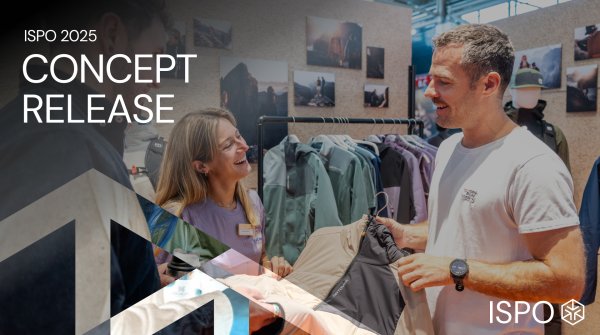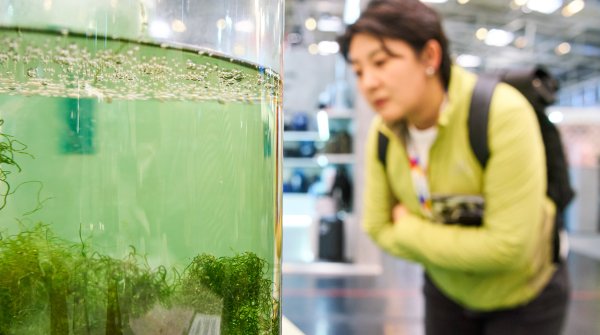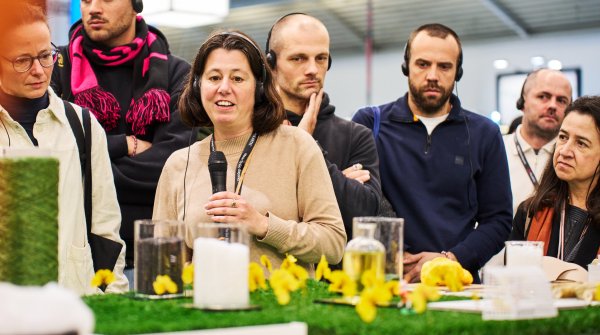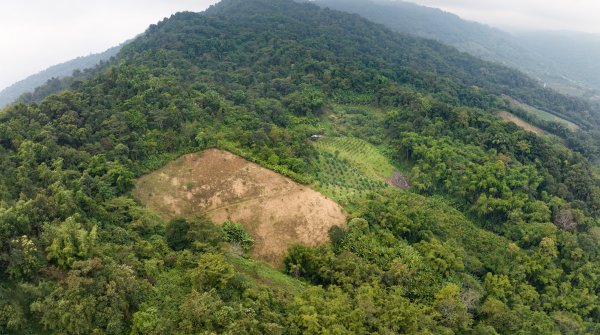How can outdoor products help to ensure that nature and people do not suffer when they are manufactured, used and disposed of? It is the great challenge of an entire industry. Global brands such as Danone, Philips, Natura, and Vodafone, as well as actors from politics and associations, have been focusing on these issues for some time. They tell ISPO.com what they are doing and how they are doing it.
"The outdoor industry is the perfect ecosystem for regenerative business,", says Walter Link, CEO of NOW Partners. According to him, regenerative value creation is the DNA of the next economic evolution that all major long-term trends point to: Consumers* and business customers*, employees* and investors* increasingly expect more sustainability. The same applies for government legislation. Defending our current status quo, is too little. Most life systems, on which not only our personal but also our economic health depends, are increasingly degenerating. We must help regenerate them - that is, restore them to health - to support our evolutionary potentials.
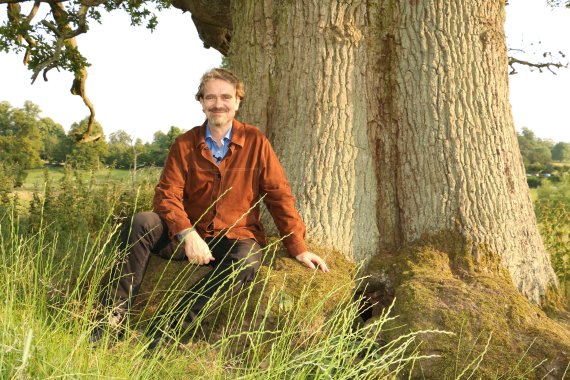
Many industry supply chains have grown over years, sometimes decades. But not every supplier can or wants to meet new requirements for resource-saving materials or audits for sustainability labels. And even for designers and R&D teams (Research & Development), the implementation of new textile standards means one thing above all: hard work. Vaude Managing Director Antje von Dewitz also reports on this. She nevertheless took the initially rockier path with her brand. "What seemed like a burden at the beginning is now our biggest driver of innovation," says von Dewitz. The reward: trust - from customers and staff. "Being a trusted brand helps you find new customers and thus drive supply chain change with even greater leverage."
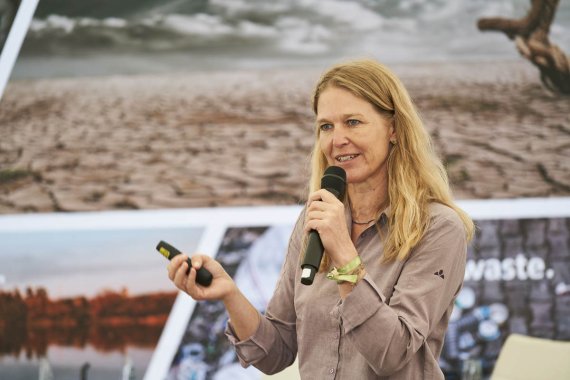
The days when sustainability was frowned upon as a business model at C-level and stakeholder level are over. Walter Link, CEO of NOW Partners: "As leaders, we have to ask ourselves: what are short-term price eruptions and what are really long-term megatrends? And sustainability is probably the most important one." And that cuts across industries. To be sure, Unilever's stock market value initially plummeted ten percent after the company announced 50 sustainability goals. Ten years later, the company's value has increased 300-fold. Sustainable product lines now account for more than half of the increase in sales. "Our sustainability course started top-down, now it's bottom-up," says Antje von Dewitz. What began with her decision to have her own cooks in the canteen and to use regional ingredients has since been developed by the kitchen staff into a purely vegetarian and vegan canteen.
To have Impact, you need to know your Impact: How big is the CO2-emissions of a company? How much material and raw material waste is generated in the course of production? There are now countless parameters with which the ecological and social footprint can be measured. The good news is that outdoor brands can make this task easier with external help. Merijn Dols, Global Head of Open Innovation at Danone, explains how even the food giant found a valuable helper in a startup: "The startup 'How Good' studied over 33,000 ingredients for us and assigned them a score on their social footprint."
The same applies to the challenge of circularity: It's easier to work together. This starts with the suppliers. Instead of a "wagon train" mentality, it helps to share knowledge and innovations. "Everyone in the supply chain is both a customer and a supplier. Circular economy therefore only works if we share our ideas and know-how," says Claudio Marenzi, CEO of the Italian outdoor brands Herno and Montura.
An outdoor brand doesn't have enough clout to convince suppliers to use sustainability labels? "If companies knew they had the same suppliers, they would have much more leverage to work together to influence them," says Tobias Gröber, Head of ISPO Group.
At the same time, outdoor brands can solve recycling problems of the future as early as the design and development of new products. "Material composition is the key to the solution," says Walter Thomsen, CEO of recycling company SOEX, for example. "Monomaterial makes me happy. But we still have that far too rarely at present." With its Novum 3D backpack prototype, Vaude presented just such a monomaterial backpack in February. Another step in the direction of a circular economy.
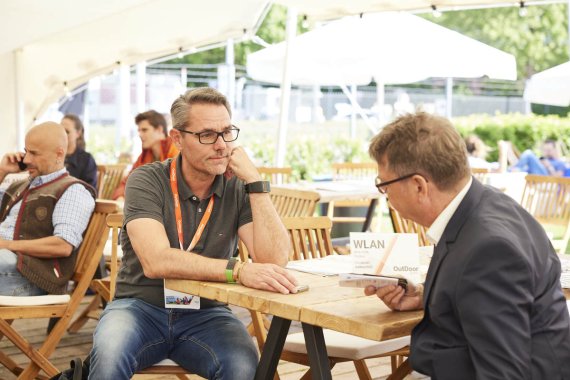
In the search for the best talent in the industry, social and environmental responsibility has long become a factor. Dr. Simone Kreyer, Managing Director of the e-commerce platform SIGNA Sports United, makes it clear: "Those who tackle the problems of the future are more attractive as employers." This is especially true among young, qualified professionals, she adds. "Values are more important than ever. Today's 22-year-olds don't want to work for oil giants, but for brands with a message," says Martin Frick, Director Global Office of the UN World Food Program.
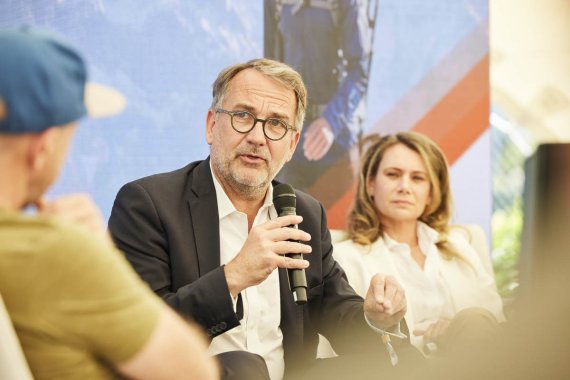
- ISPO awards
- Mountain sports
- Bike
- Design
- Retail
- Fitness
- Health
- ISPO Job Market
- ISPO Munich
- ISPO Shanghai
- Running
- Brands
- Sustainability
- Olympia
- OutDoor
- Promotion
- Sports Business
- ISPO Textrends
- Triathlon
- Water sports
- Winter sports
- eSports
- SportsTech
- OutDoor by ISPO
- Heroes
- Transformation
- Sport Fashion
- Urban Culture
- Challenges of a CEO
- Trade fairs
- Sports
- Find the Balance
- Product reviews
- Newsletter Exclusive Area
- Magazine


